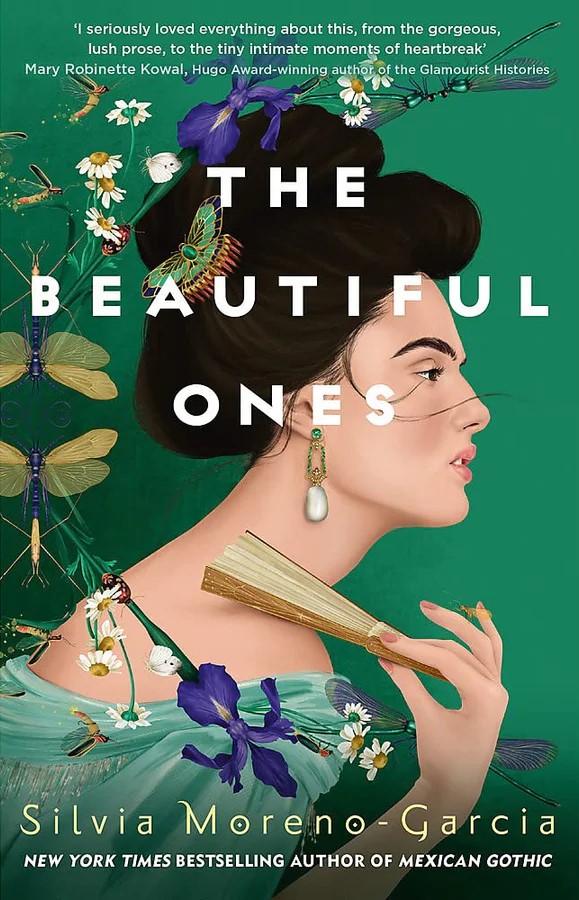★★☆☆☆
I was surprised how much of an effort it was to finish this book. I find Bernard Cornwell’s Sharpe novels reliably good reading, and I enjoyed The Pale Horseman. Given that Azincourt is set firmly in the Medieval period, which is my favourite historical era, I was sure I was onto a winner here. Alas! How wrong I was.
Azincourt is a 450-page novel about the Battle of Agincourt (Azincourt is the French spelling). It’s 1414, and we meet our English hero, Nicholas Hook, at serious risk of the noose. Fortunately, his skill as an archer saves him from his enemies and sees him join King Henry V’s military campaign in France. Through his eyes, we see the events leading up to the battle and its unlikely outcome.
If there is something that Cornwell knows how to write, it’s war. As his Sharpe novels exemplify, Cornwell has a real gift for crafting compelling narratives out of the chaos of battles past. His books are always well-researched, and I think his passion for the strategy and ingenuity of warfare makes a good pairing with his ability to humanise men who killed for a living.
God had made the bow, a priest had once said in Hook’s village church, as God made man and woman. The visiting priest had meant that God had married heartwood and sapwood, and it was this marriage that made the great war bow so lethal.
We’ll get to other problems, but I think the most profound issue here is Hook, who is good at everything and never makes a mistake of any consequence. The ease with which he wins the complete admiration of all but the most objective villains makes him boring, and a borderline Gary Stu. An element of wish fulfillment for a male audience can be excused, but Hook’s characterisation hinges so completely on his role as the perfect soldier that he has literally no other qualities.
The stakes do rise as the novel progresses, so I was hopeful that Hook would develop more of a personality under pressure, but no. Whilst everyone else is facing their imminent mutilation or dying of dysentry, Hook is developing his reputation as the best archer in the whole army and having a great time with his zero-needs French girlfriend, Melisande, who simply goes where he goes without it ever being discussed. The relationship is too underdeveloped to read as a true romantic subplot, and seems to have been included only to burnish Nick’s macho credentials with virility.
Azincourt is a very violent book. Of course, any book about a battle will contain bloodshed, but the tone here is much gorier than Cornwell usually indulges. There is no real question that things cross the line into gratuitous violence, with regular depictions of disembowelment, castration and torture. It soon feels repetitive, and downright tiresome. Personally, there are only so many times I can read about someone getting stabbed through the eyeball (an almost comically frequent occurance in this novel) before it gets old.
‘I leave you the fingers for the string, yes? For her sake. But when the wolves close on you, Englishman, you and I shall play our game. If you win, you keep her, but if you lose, she goes to his marriage bed,’ he jerked his head at his slack-mouthed squire. ‘It’s a stinking bed and he ruts like a boar. He grunts. Do you agree to our game?’
‘God will give us victory,’ Hook said.
The sexual violence is just as bad, with the amount of times the book depicts women being raped, or being raped and then murdered, making for seriously bleak reading. Military fiction is not where I expect to find complex discourse about female emancipation, and it’s true that sexual violence is one of the realities of war, but I don’t think it’s unreasonable to expect male-on-female sexual violence in fiction to be portrayed in a way that affords the women and girls some humanity. In this book, Cornwell essentially uses sexual abuse (actual and threatened) as a plot device to goad Hook into his own Christian salvation, presenting the issue entirely as a matter of male honour.
In terms of the setting, Azincourt is a very stereotypical depiction of Medieval times. The book is certainly researched, but the depth of Cornwell’s reading outside archery and the facts of the battle seems questionable. The world around Hook feels flat, and the book gives the impression that it does not understand – or want to understand – the code of chivalry, despite its major influence on knightly conduct at the time.
In essence, to believe this book is to believe that Medieval people, from the lowest peasant to the richest king, were ignorant savages who could only be motivated to goodness by the promise of heaven or the threat of damnation. Frankly, I think this is a very tired and reductive cliche. Overall, Azincourt is far from Cornwell’s best.
























